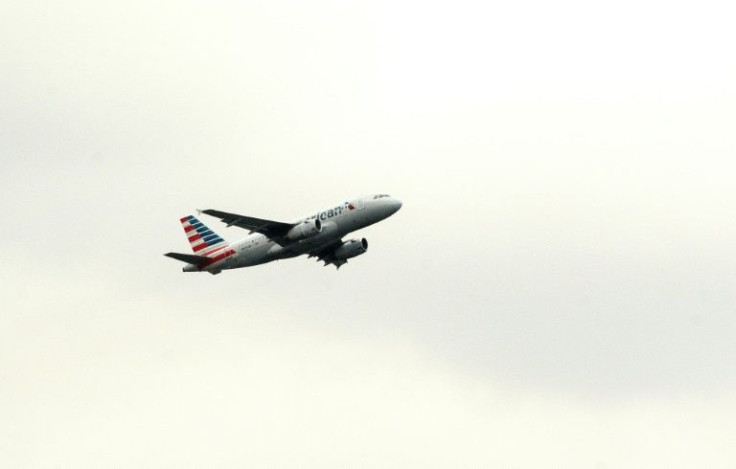American Airlines Suffers Loss As Omicron Clouds Outlook
American Airlines reported another quarterly loss Thursday after the latest Covid-19 surge dented demand at the end of the year, but said consumers were booking more trips for the spring.
The big US carrier echoed rivals Delta Air Lines and United Airlines in citing the Omicron wave of Covid-19 as a recent drag that has depressed bookings early in 2022.
But American has seen an uptick in reservations beyond the next 60 days, Chief Executive Doug Parker said.
"It does feel like the consumer has the confidence at being able to travel," Parker said on CNBC, while acknowledging "the results would have been better were it not for Omicron."
The carrier reported a loss of $931 million for the fourth quarter, compared with a $2.2 billion loss in the same three months of 2020.
Revenues more than doubled to $9.4 billion compared with the same period a year earlier. But in October-December 2019, before Covid-19 hit shutting down travel, American had revenues of $11.3 billion.
The latest quarter started buoyantly, with airlines seeing increased bookings as Covid-19 vaccinations became widespread and most of the US economy reopened.

But hopes dimmed as the Omicron variant surfaced as a major worry, delaying an industry comeback, especially in highly profitable business travel.
"Over the past year, we have experienced periods of high travel demand countered by periods of decreased demand due to new Covid-19 variants," Parker said in a statement.
"This volatility has created the most challenging planning environment in the history of commercial aviation."
American's forecast implies lower-priced leisure travel will remain a disproportionately large share of its travel volume.
The airline projected first-quarter capacity would be down eight to 10 percent from pre-pandemic levels, while revenues would be off 20 to 22 percent.
The company's share price rose 1.2 percent to $17.52 in pre-market trading.
© Copyright AFP 2024. All rights reserved.





















